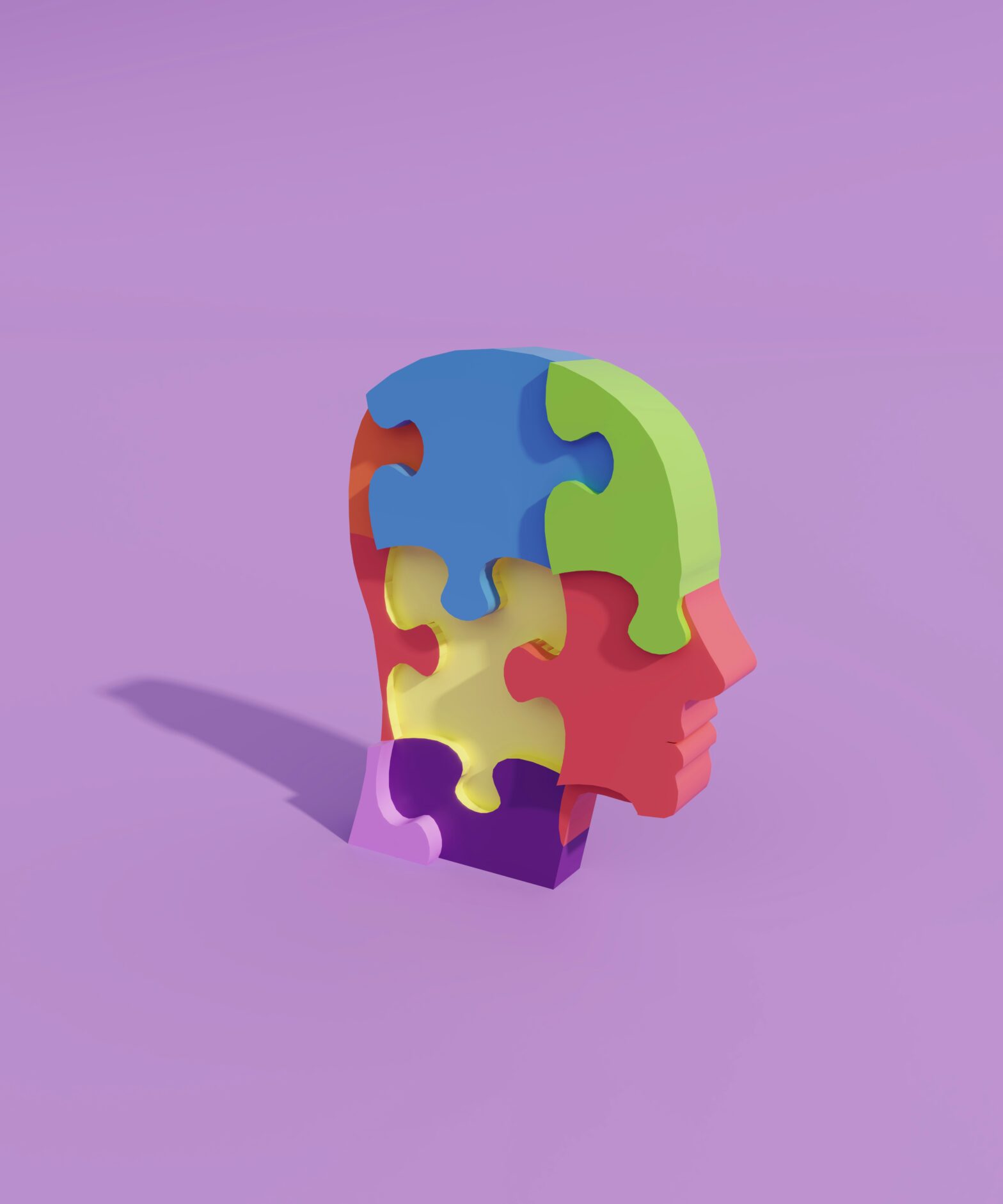As AI plays a more prominent role on heartland university campuses, from research labs to administrative admissions algorithms and adaptive learning tools in the classroom, a new and more personal use case is presenting itself: AI as a support for student mental health.
The transition to college brings with it many emotional changes and challenges including increased workload and academic responsibilities, greater personal independence, moving away from loved ones and integrating into a new social environment, all of which students can find stressful. As such, many college students report struggling with mental health, and in recent years, nearly 40% report struggling with moderate to severe depression or anxiety.
Accordingly, the demand for campus mental health services has surged faster than universities are equipped to meet it. In response to larger counselor caseloads, longer wait times and a patient population that increasingly trusts AI over humans, heartland universities are pursuing a new frontier in campus well-being by testing how AI can expand access to mental health supports while reinforcing provider-led-care.
AI on Campus: Access, Prevention and Education
Across the heartland, universities are turning to AI to bridge the gap—not as a replacement for human care, but as a support for more timely, personalized and accessible mental health care. These AI tools focus on increasing access to mental health care, utilizing preventive care methods that tackle mental health challenges before crises arise while also educating providers and students on how to better approach mental health.
Access: AI can help expand access to mental health care by connecting students with the right providers–such as therapists, social workers or addiction counselors. These AI-powered systems offer students 24/7 access to their university’s care network, reduce wait times and streamline administrative tasks like intake forms. As a result, both students and providers can focus on addressing the issues that matter most, in a new and timely manner.
Preventive Care: AI has the capacity to shift mental health care from reactive, or responding to mental health challenges once they’ve already arisen, to preventive care that predicts risk before crisis. AI systems can flag early warning or distress signs to providers by analyzing data schools collect around grades, attendance, health system engagement and demographics. Providers can use these analytics to routinely interface with students who may be more prone to mental health issues—meaning care gets to patients before challenges grow.
Education: AI has the ability to educate providers and students on mental health challenges, so providers can better serve student populations and students understand the on-campus resources at their disposal. Additionally, the educational uses of AI are helpful resources to university leaders and policymakers who shape AI policy as it relates to mental health and education.
From AI Research to AI Application
Universities across the heartland are evaluating how to apply AI in their mental health care systems, implementing AI in triage tools that prioritize when patients are seen based on the severity of their systems, as well as chatbots that can help students adjust to college life while educating them about mental health resources on-campus. Additionally these chatbots can be programmed to flag concerning behavior to professionals who can intervene with preventive treatment.
For example, researchers at the University of Alabama, Birmingham are developing AI tools to support providers with predictive analytics, pointing counselors towards students who are predisposed to mental health challenges based on data the school already collects. This study has AI analyze demographic and academic factors, flag students at high risk and connect college counselors to those students to develop preventive plans for care.
In addition to exploring how AI can support campus mental health outcomes through research projects, universities are exploring how to blend AI systems into existing wellness services. Butler University and the University of Houston have announced partnerships with Wayhaven, an AI-powered 24/7 personalized wellness coach, proven in clinical trials to significantly decrease depression and anxiety while boosting self-efficacy and overall well-being. The University of Oklahoma system, and universities across Texas, Illinois, Kentucky and Indiana, have scaled access to mental telehealth care with TimelyCare. The app uses AI to check symptoms, flag urgent needs to providers and offer 24/7 virtual mental health support while connecting students to on-campus counseling services. Similarly, the University of Memphis has developed an AI chatbot used to mitigate stress with self-managed strategies, while providing complementary counseling services.
Building a Tech-Enabled Mental Health Future
Heartland universities are learning, in real time, how to integrate AI into mental health care. It is essential universities share applicable research and lessons-learned to best inform effective, responsible and safe AI implementation in college mental health services. The heartland is setting an important example by showing how AI tools developed collaboratively with health providers, students and researchers can improve mental health outcomes on campuses during a critical period for young adults.

